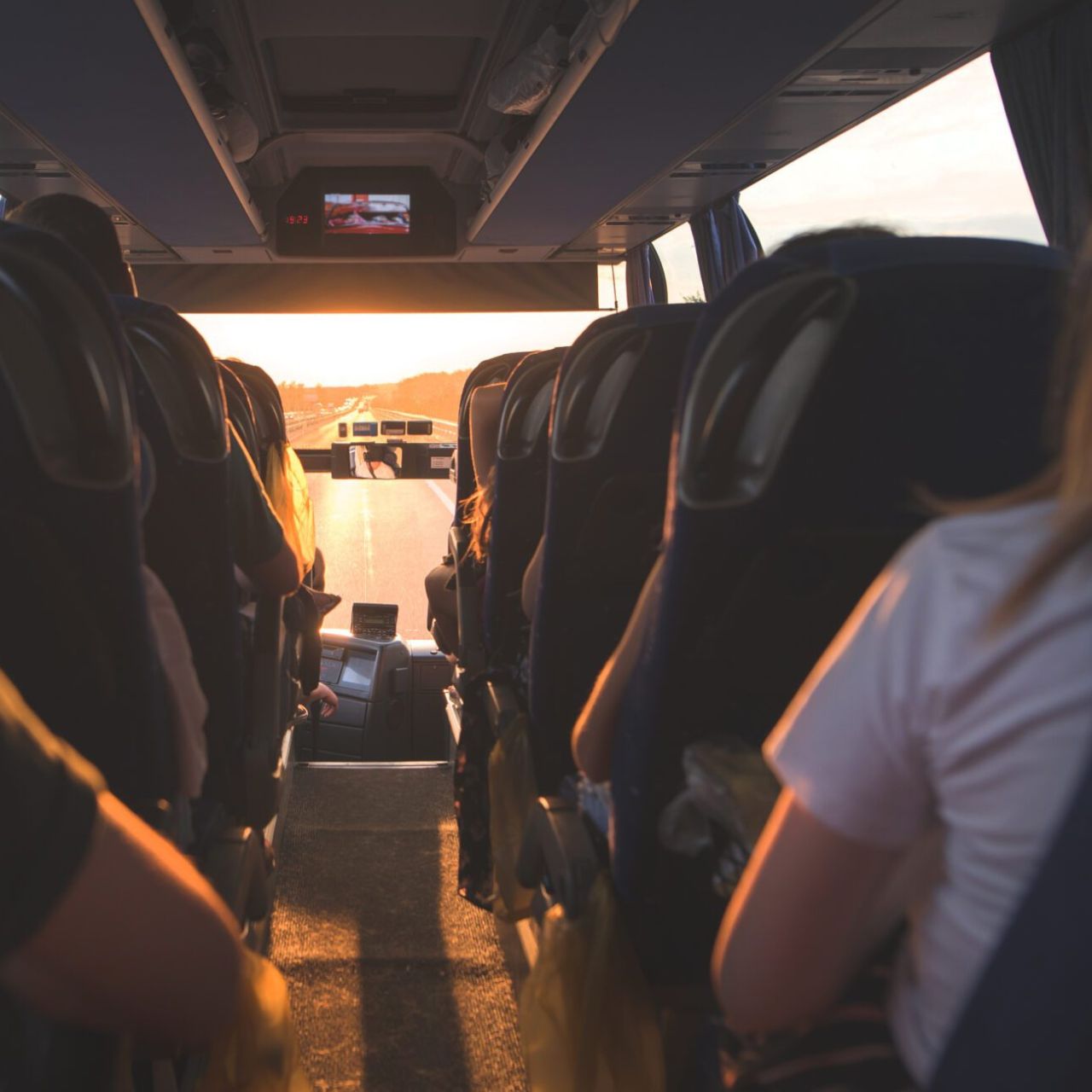1. Research Your Destination:
- Familiarize yourself with the local laws and customs.
- Learn basic phrases in the local language.
- Research common scams and how to avoid them.
- Check travel advisories for your destination.
- Register your trip with the U.S. Department of State for international travel.
3. Pack Smartly:
- Pack light and avoid carrying large amounts of cash or valuables.
- Use a money belt or hidden pouch to secure your essentials.
- Carry a first-aid kit and any necessary medications.
- Pack clothes appropriate for the climate and culture of your destination.
4. Get Travel Insurance:
- Travel insurance can protect you from financial losses due to unexpected events, such as cancellations, medical emergencies, or lost luggage.
- Compare different travel insurance plans to find the best coverage for your needs.
5. Share Your Itinerary:
- Share your travel plans, including flight numbers, accommodation details, and contact information, with a trusted friend or family member.
- Keep them updated on your whereabouts during your trip.
During Your Journey:
1. Be Aware of Your Surroundings:
- Trust your gut instinct and avoid situations that feel unsafe.
- Be mindful of your belongings, especially in crowded areas.
- Don’t flaunt valuables or large amounts of cash.
2. Choose Safe Transportation:
- Research reputable transportation options for your destination.
- Use taxis or ride-sharing services from licensed companies.
- Avoid taking public transportation in unfamiliar areas at night.
3. Trust Your Accommodations:
- Choose reputable hotels or hostels with good reviews.
- Secure your belongings in your room and use the safe if available.
- Be cautious of unsolicited visitors and don’t open your door to strangers.
4. Stay Connected:
- Inform your bank and credit card companies about your travel dates to avoid any issues with transactions.
- Purchase a local SIM card or use a travel Wi-Fi device to stay connected.
- Download offline maps and essential apps for your destination.
5. Follow Local Laws and Customs:
- Dress modestly and respect local customs to avoid attracting unwanted attention.
- Be polite and respectful to the locals.
- Learn a few basic phrases to ask for help or directions.
Additional Tips:
- Learn basic self-defense techniques.
- Take a CPR and first-aid course.
- Invest in a travel safety kit.
- Download emergency contact information for your destination.
- Stay hydrated and eat healthy foods to maintain your energy levels.
- Get enough sleep and take breaks when needed to avoid fatigue.
By following these tips, you can significantly reduce your risk of encountering problems and ensure a safe and stress-free journey. Remember, being prepared and aware of your surroundings is key to a successful and enjoyable trip.
